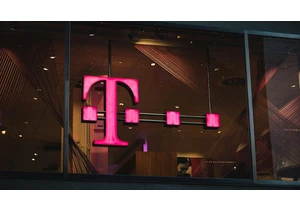A jury in Florida has found Tesla partially liable for a 2019 crash involving the company's Autopilot self-driving feature, The Washington Post reports. As a result, the company will have to pay $200 million in damages.
Autopilot comes pre-installed on Tesla's cars and handles things like collision detection and emergency braking. Tesla has mostly avoided taking responsibility for crashes involving cars with the Autopilot enabled, but the Florida case played out differently. The jury ultimately decided that the self-driving tech enabled driver George McGee to take his eyes off the road and hit a couple, Naibel Benavides Leon and Dillon Angulo, ultimately killing one and severely injuring the other.
During the case, Tesla's lawyers argued that McGee's decision to take his eyes off the road to reach for his phone was the cause of the crash, and that Autopilot shouldn't be considered. The plaintiffs, Angulo and Benevides Leon's family, argued that the way Tesla and Elon Musk talked about the feature ultimately created the illusion that Autopilot was safer than it really was. "My concept was that it would assist me should I have a failure … or should I make a mistake," McGee said on the stand. "And in that case I feel like it failed me." The jury ultimately assigned two-thirds of the responsibility to McGee and a third to Tesla, according to NBC News.
In a National Highway Traffic Safety Administration investigation of Autopilot from 2024, crashes were blamed on driver misuse of Tesla's system and not the system itself. The NHTSA also found that Autopilot was overly permissive and "did not adequately ensure that drivers maintained their attention on the driving task," which lines up with the 2019 Florida crash.
While Autopilot is only one component of Tesla's larger collection of self-driving driving features, selling the idea that the company's cars could safely driving on their own is a key part of its future. Elon Musk has claimed that Full Self-Driving (FSD), the paid upgrade to Autopilot, is "safer than human driving." Tesla's Robotaxi service relies on FSD being able to function with no or minimal supervision, something that produced mixed results in the first few days the service was available.
This article originally appeared on Engadget at https://www.engadget.com/transportation/evs/tesla-found-partially-liable-for-a-deadly-2019-crash-193612682.html?src=rss https://www.engadget.com/transportation/evs/tesla-found-partially-liable-for-a-deadly-2019-crash-193612682.html?src=rssAutentifică-te pentru a adăuga comentarii
Alte posturi din acest grup

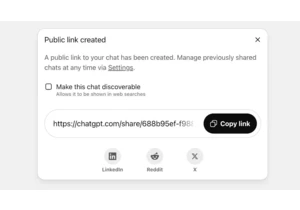
OpenAI has removed a feature that made shared ChatGPT conversations appear in search results. The "short-lived experiment" was based on the chatbot's link creation option. After complaints, OpenAI'
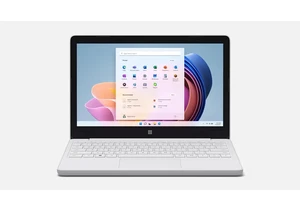
Microsoft is ending support for its ChromeOS competitor Windows 11 SE. The company will officially stop providing "software updates, technical assistance and security fixes" in October 2026, accord
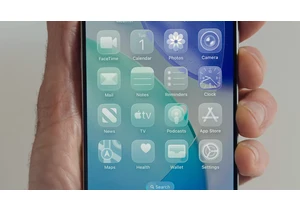
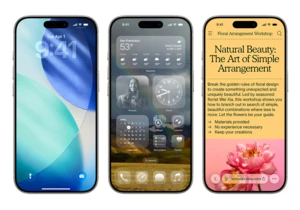
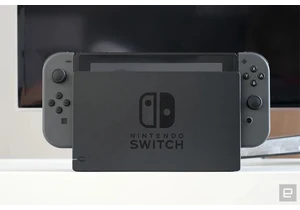
Nintendo has announced that the price of the original
